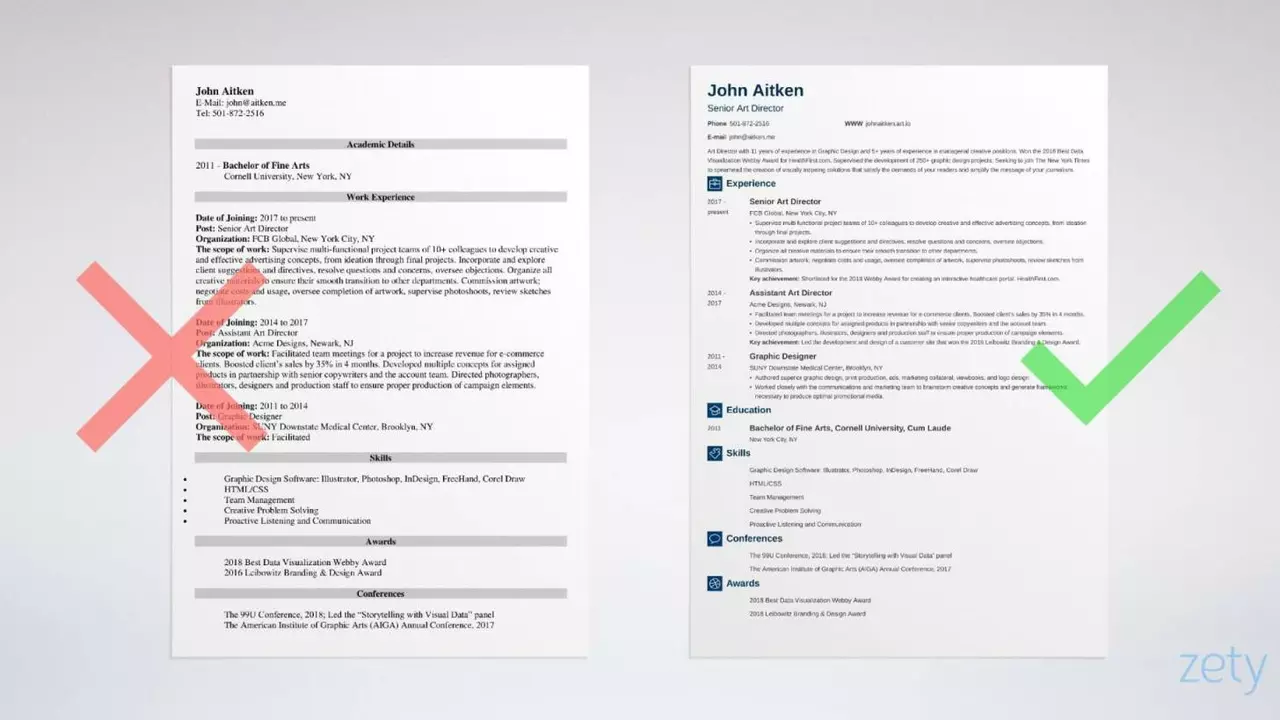Career Advice & Job Hunting: Real Tips That Actually Work
Looking for a new job can feel like trying to solve a puzzle without the picture on the box. You know something’s missing, but you’re not sure what. The good news? You don’t have to figure it all out on your own. Here’s a clear, step‑by‑step guide that cuts the noise and gives you the tools you need to move forward.
Start With a Targeted Resume
First thing’s first – your resume. It’s more than a list of jobs; it’s your personal marketing flyer. Focus on the role you want, not just the roles you’ve had. Pick three to four achievements that match the job description and put them at the top. Use numbers where you can – “boosted traffic by 30%” sounds a lot better than “improved traffic.” If you’re a content writer, showcase a link to a published piece or two. That instant proof beats a vague claim any day.
Don’t forget the basics: clean layout, easy‑to‑read font, and a brief summary that tells the hiring manager why you’re the right fit. Keep it under two pages and tailor it for each application. A one‑size‑fits‑all resume rarely makes the cut.
Master the Job Search Process
Now that your resume is sharpened, let’s talk about where to look. Job boards are still useful, but they’re crowded. Try niche sites that focus on your industry, follow company pages on LinkedIn, and set up alerts so you’re the first to know when a role opens. When you spot a position that interests you, research the company’s culture, recent news, and the hiring manager’s background. That extra homework pays off in the interview.
Networking is another secret weapon. Reach out to former colleagues, join industry groups, and attend virtual meetups. A quick message like, “Hey, I saw you posted about a new opening – could you share what the team looks for?” often opens doors that a blind application can’t. Remember, most jobs are filled through connections before they ever hit the board.
When you land an interview, treat it like a two‑way conversation. Prepare stories that show how you solved problems, saved time, or increased revenue. Use the STAR method – Situation, Task, Action, Result – to keep your answers focused. And don’t forget to ask thoughtful questions about the team’s goals or the company’s next big move. That shows you’re thinking ahead, not just looking for any job.
Finally, follow up. A short thank‑you email that references a specific point from the interview reinforces your interest and keeps you on the hiring manager’s radar. If you don’t hear back after a week, a polite check‑in is perfectly acceptable.
Career advice isn’t about magic formulas; it’s about consistent actions that build momentum. Update your resume, target the right opportunities, network with purpose, and ace each interview with real examples. Follow these steps, and you’ll see your job hunt become less of a gamble and more of a strategic plan.

How to Build New Income Streams in Adult Entertainment (Part 2)
by Davion Strider / 5 Dec 2025Learn how to build sustainable income streams in adult entertainment beyond platforms like OnlyFans. Discover proven strategies for diversifying revenue, owning your audience, and scaling your brand safely and legally.

What is a good resume for a content writer?
by Davion Strider / 12 Jul 2023A good resume for a content writer should highlight their knack for creating engaging and SEO-friendly content. It's crucial to showcase their experience across various platforms and genres, demonstrating versatility. Their resume should also emphasize any relevant degrees or certifications, such as in journalism or creative writing. The inclusion of links to published work will give potential employers a direct taste of their writing style and proficiency. Lastly, any experience with content management systems or digital marketing tools can further strengthen their application.